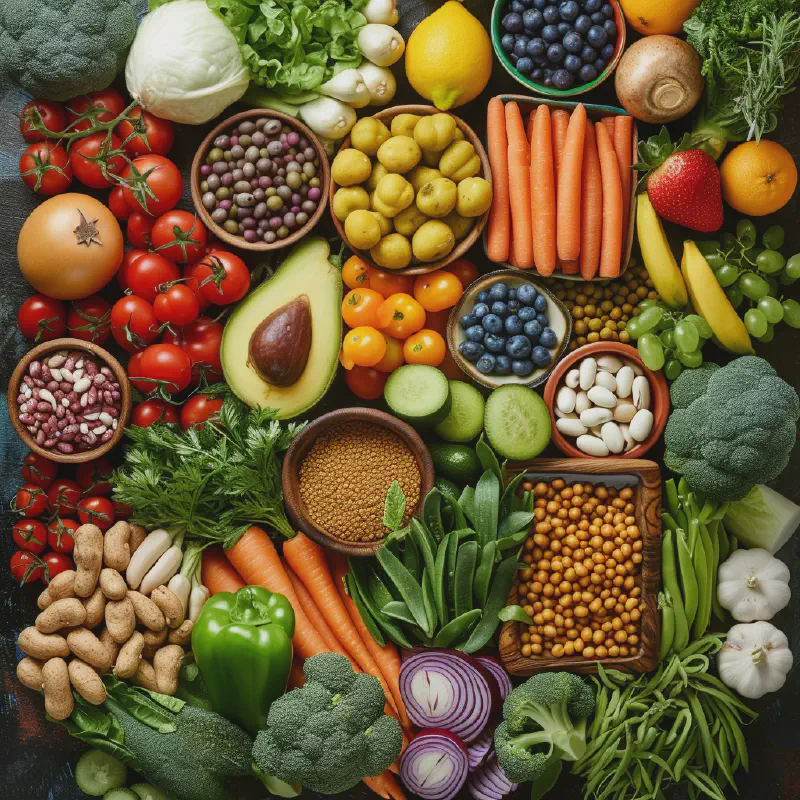1. Introduction
While running is a simple sport that requires no fancy equipment or expensive gear, what you eat and drink before and after your runs can have a major impact on your performance, recovery, and overall progress as a runner. Proper nutrition provides the fuel for working muscles, replaces fluids lost through sweat, and aids in rebuilding muscle tissue that is broken down during runs. This guide covers the basics of what, when, and why to eat as a runner.
2. Importance of Running Nutrition
Running requires a lot of energy, and having the right nutrients in your system allows you to get the most out of your miles. Without proper fueling and hydration, you’ll likely experience fatigue, cramping, dizziness, and sub-par performances during runs. After runs, your body needs certain nutrients to recover, repair muscle damage, restock glycogen stores, and adapt to your training. Don’t overlook the importance of a running-specific nutrition plan!
3. What to Eat Before a Run
Timing & Portions
The pre-run fueling window is typically 1-4 hours before your workout, depending on the size of the meal or snack. Larger meals should be eaten 3-4 hours prior, while smaller snacks can be consumed 1-2 hours before lacing up. The longer the run, the more you may want to eat, but keep portions moderate to allow for proper digestion.
Easy to Digest Foods
Focus on foods that are easy on the stomach, low in fiber, and blend complex and simple carbs, a bit of protein, and some healthy fats. This provides lasting energy without weighing you down or causing gastric distress.
Examples
- Banana or apple with peanut or almond butter
- Oatmeal with fruit and nuts
- Toast with egg and avocado
- Granola bar and greek yogurt
- Rice cake with nut butter and honey
4. What to Eat After a Run
Refueling Window
Refueling with the right nutrients within 30-60 minutes after runs is critical for recovery and adapting to your training load. Your body is primed to drive those nutrients towards repairing muscle damage and restoring glycogen levels during this window.
Protein & Carbs
Look for a combination of lean protein to build and repair muscles along with complex carbs to restock glycogen stores. A simple ratio is 3-4 grams of carbs for every 1 gram of protein. Good options include:
- Chocolate milk
- Peanut butter sandwich
- Grilled chicken and sweet potato
- Greek yogurt and fruit
- Protein shake and banana
Hydration
Be sure to replace any fluids lost through sweat by weighing yourself before and after runs. Consume 16-24 oz of water, milk, or electrolyte drink for every pound lost during the run.
5. Nutrition for Long Runs
Mid-Run Fueling
For runs over 90 minutes, you’ll need to consume easily digestible carbs at a rate of 30-60 grams per hour to maintain energy levels and delay fatigue. Good options include sports drinks, gels, chews, or real foods like dried fruit and nuts. Practice your fueling strategy during training runs.
6. Making a Running Nutrition Plan
Having a nutrition plan tailored to your training schedule, goals, and personal preferences can optimize your running performance. Consider consulting with a sports nutritionist or using online calculators to determine your optimal calorie intake, nutrient timing, hydration needs, and more.
7. Supplements for Runners
While whole foods should be the priority, some runners benefit from supplements like:
- Protein powder for convenient recovery
- Electrolyte tabs or drink mixes
- Anti-inflammatories like turmeric or fish oil
- Caffeine for a legal pre-run boost
Discuss supplements with your doctor first.
8. Summary
What you eat and drink is just as important for runners as the actual miles you log. Proper fueling before runs provides energy, mid-run nutrition delays bonking, and recovering with protein and carbs enhances adaptation to your training. Listen to your body, experiment to find what works best for you, and don’t neglect the incredible impact that smart nutrition can have on your running!
